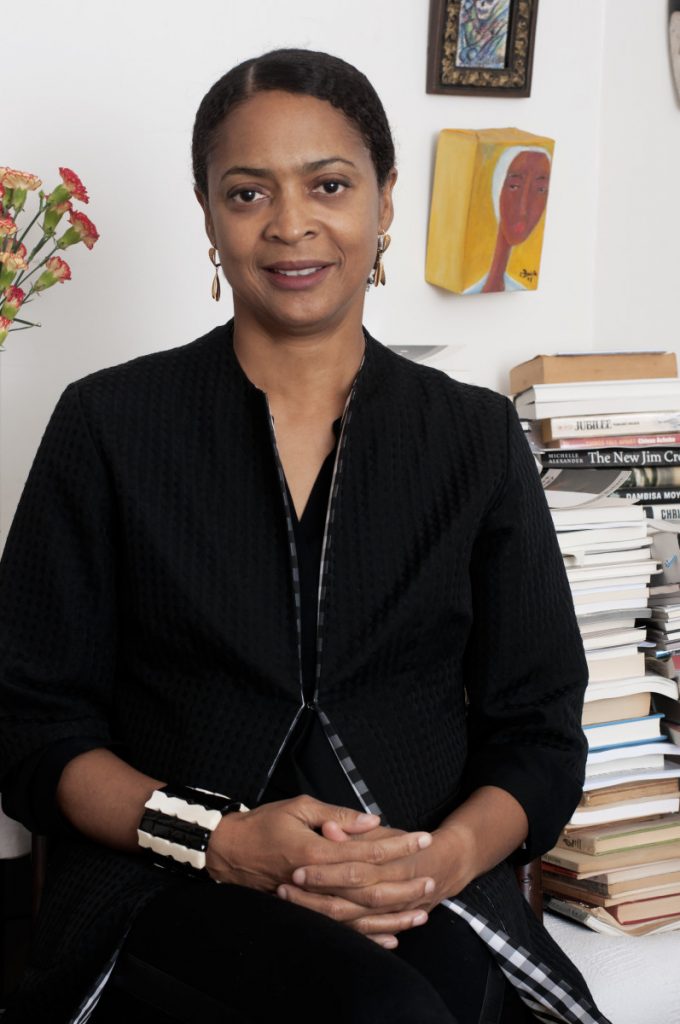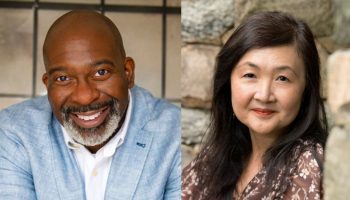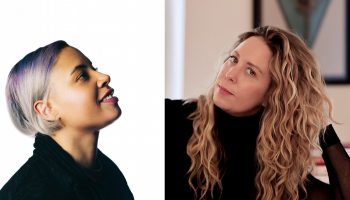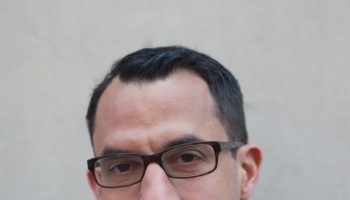SARAH VEST – STAFF WRITER

We all carry different languages inside of us — some that can be spoken and some that are difficult to put into words. At least that is what Danielle Legros Georges, the Chautauqua Writers’ Center Week Two poet-in-residence, thinks.
Georges is a translator, academic and author of several books of poetry, including The Dear Remote Nearness of You, winner of the New England Poetry Club’s Sheila Margaret Motten book prize. She currently is a professor of creative writing at Lesley University. She has been awarded fellowships from the Massachusetts Cultural Council, the Boston Foundation and the Black Metropolis Research Consortium. The Massachusetts Artists Leaders Coalition recognized her civic work with a Champion of Artists Award in 2017, and she is the second Poet Laureate of Boston, a position she held from 2015 to 2019.
Her Brown Bag lecture, “The Languages We All Carry: An Introduction to Translation” will be at 12:15 p.m. EDT Tuesday, July 6 on the CHQ Assembly Virtual Porch.
While Georges was growing up as a Haitian immigrant, she alternated between speaking English and French. She even served as an interpreter at times, so the idea of a single person holding multiple languages inside them and moving between them has always been a part of her life.
In addition to the idea that humans all carry languages, Georges believes that the current culture is deeply informed by works that have come down in the form of translation. She holds up the Bible as an example, which has been translated from Hebrew to Greek to Latin, and eventually, into English.
“I think the questions around (translation) are the enduring and complicated questions of language of writing and art in general,” Georges said.
Georges wants to assure people that her Brown Bag is not meant only for people who are translators, or even people who speak one or more foreign languages.
“I think the questions around (translation) are the enduring and complicated questions of language of writing and art in general.”
Danielle Legros Georges
Poet-in-Residence
Chautauqua Writers Center
Her hope is that she will be able to underscore the ways in which people might have a relationship with translation that they might not be aware of. She has three brothers and makes reference to their private jokes and way of speaking with one another that would not make sense to people outside of that relationship because “the language has emerged out of shared experience.”
Georges wants to get people outside of their usual box and move them toward thinking about all the languages they could possibly have inside of them — such as their languages of thinking, dreaming, resisting, loving and of finding peace.
“I want to enter into a conversation about how we already are accustomed to information that has come to us through translation,” Georges said, “then engage in just sharing just some ideas of some fundamental questions of translation.”




